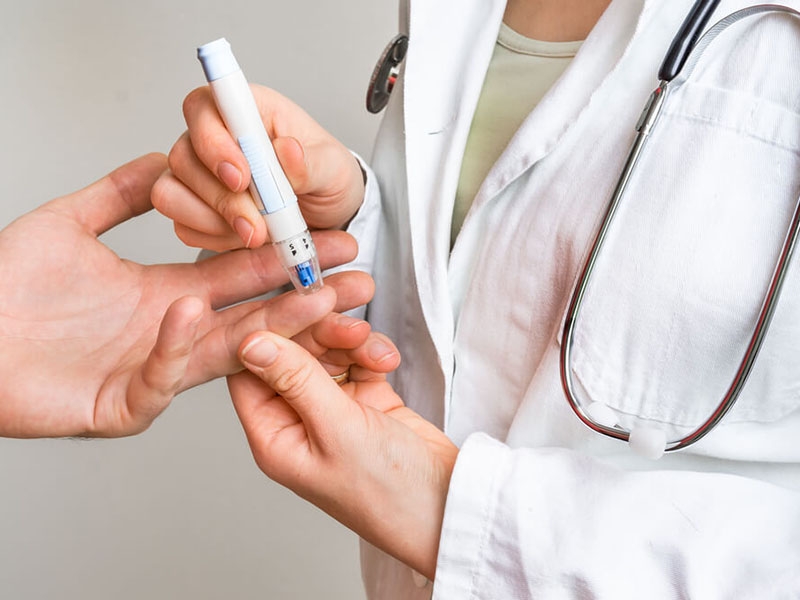Fasting Blood Glucose Test: A Comprehensive Overview
The fasting blood glucose test is a critical diagnostic tool used to measure the levels of glucose (sugar) in the blood after a period of fasting. It is primarily used to screen for and diagnose diabetes and pre-diabetes. Understanding the process, its purpose, when to undergo this test, and how to prepare can help individuals better manage their health.
Procedure Overview
The fasting blood glucose test requires individuals to fast for at least 8 to 12 hours before the test. Only water is allowed during the fasting period; eating or drinking other substances can interfere with the results. The procedure involves drawing a small amount of blood from a vein, usually in the arm. The collected blood sample is then analyzed in a lab to measure the glucose levels.
Purpose and Importance
The primary purpose of the fasting blood glucose test is to check for diabetes and pre-diabetes. Glucose is a major source of energy for the body's cells, and insulin, a hormone produced by the pancreas, helps glucose enter these cells. In individuals with diabetes, the body either doesn't make enough insulin or can't effectively use the insulin it makes, leading to elevated glucose levels in the blood.
- Diabetes Diagnosis: A fasting blood glucose level of 126 mg/dL (7.0 mmol/L) or higher on two separate occasions typically indicates diabetes.
- Pre-diabetes Diagnosis: Levels between 100 mg/dL (5.6 mmol/L) and 125 mg/dL (6.9 mmol/L) suggest pre-diabetes, a condition indicating a high risk of developing diabetes.
When to Look for This Procedure
Consider a fasting blood glucose test if you experience symptoms of high blood glucose, such as:
- Increased thirst and urination
- Unexplained weight loss
- Fatigue
- Blurred vision
People without symptoms but at higher risk for diabetes should also undergo this test. Risk factors include being overweight, having a family history of diabetes, being older than 45 years, and having high blood pressure or cholesterol levels.
Pre and Post Exam Care
Pre-Exam Care: Ensure to fast for at least 8 to 12 hours before the test. Only water is permitted during the fasting period. Continue taking medications as prescribed unless your doctor advises otherwise.
Post-Exam Care: After the blood draw, you can eat and drink normally. Some people might experience slight bruising where the needle was inserted, which should diminish in a few days.
Preventions and Recommendations
While genetic factors influencing diabetes risk cannot be altered, lifestyle modifications can significantly reduce the risk of developing diabetes and its complications:
- Maintain a healthy weight through a balanced diet rich in fruits, vegetables, and whole grains.
- Engage in regular physical activity.
- Monitor your blood glucose levels as advised by your healthcare provider, especially if you have risk factors for diabetes.
In conclusion, the fasting blood glucose test is a valuable procedure for detecting diabetes and pre-diabetes. Recognizing the symptoms and risk factors associated with these conditions and adhering to pre and post-exam care can enhance the accuracy of the results and aid in early diagnosis and management. Adopting preventive measures can also mitigate the risk of developing diabetes and promote overall health and well-being.
